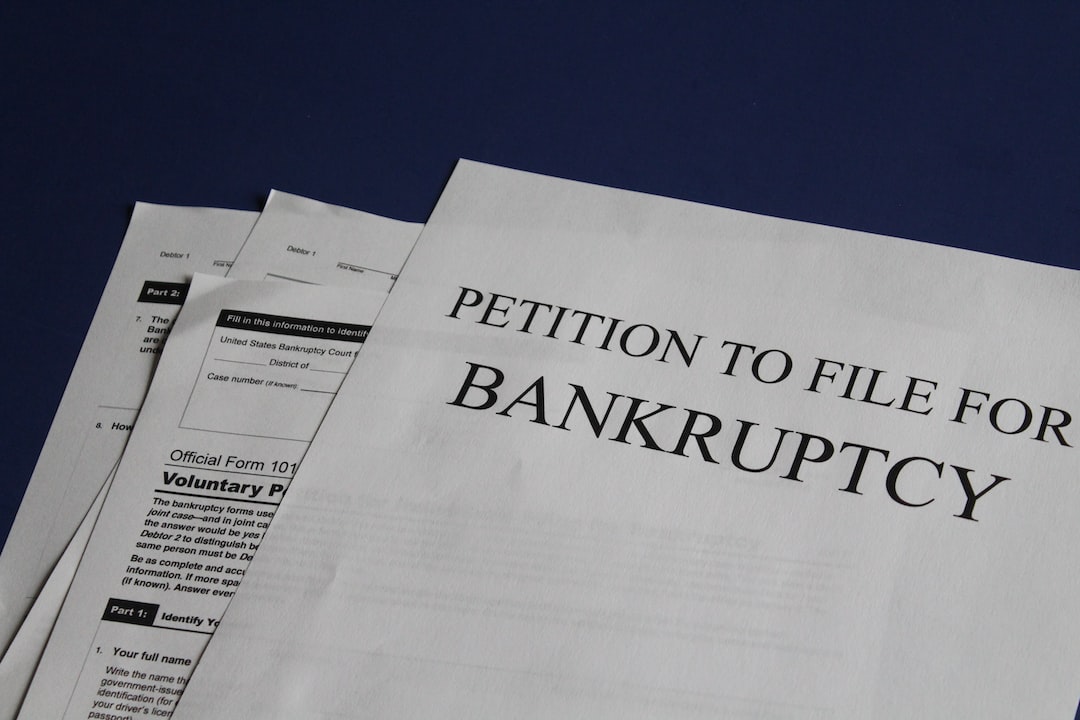The Delicate Balance Between Freedom of Speech and Hate Speech Laws
Freedom of speech is a fundamental right deeply ingrained in democratic societies, protecting the individual’s ability to express opinions and ideas without fear of censorship or retaliation. This principle allows for the free flow of information and fosters the exchange of diverse perspectives, crucial elements for a healthy democracy. However, when does the exercise of free speech cross the line, delving into the realm of hate speech? This delicate balance between freedom of speech and hate speech laws is a contentious topic, one that requires careful consideration and a nuanced approach.
Before delving deeper into this intricate issue, it is essential to understand the distinction between freedom of speech and hate speech. Freedom of speech encompasses a broad range of expressions, including opinions, ideas, artistic creations, and public discussions. It protects individuals’ rights to express themselves, even if their views are controversial or unpopular. Hate speech, on the other hand, refers to expressions that incite violence, discrimination, or prejudice against specific individuals or groups based on attributes such as race, religion, ethnicity, gender, or sexual orientation. Hate speech seeks to dehumanize, exclude, and perpetuate harmful stereotypes, posing a significant threat to social cohesion and individual well-being.
The debate surrounding hate speech laws arises from a conflict of values: the promotion of freedom of speech and the protection of individuals’ rights versus the need to preserve social harmony and prevent harm. While freedom of speech is crucial to democracy, it is not an absolute right. Society has recognized the need for limitations when speech poses a genuine threat to others. Hate speech laws aim to strike a balance between these often-conflicting values.
One argument against hate speech laws is rooted in the belief that they infringe upon an individual’s freedom of speech. Critics contend that such laws can be weaponized, stifling dissent and hindering free expression by curtailing controversial viewpoints. They argue that allowing for the free exchange of ideas, even those deemed offensive, is vital for societal progress and intellectual growth. Furthermore, opponents suggest that hate speech laws can lead to overreach by the state, with authorities using them as a means to suppress dissenting voices or control public discourse.
Another perspective emphasizes the potential harm caused by hate speech. It is argued that unchecked hate speech can exacerbate divisions within society, perpetuating discrimination, and inciting violence. By protecting vulnerable groups from hate speech, societies strive to ensure their safety and well-being. Critics of unfettered freedom of speech assert that it allows hate groups to propagate their toxic ideologies without fear of repercussions, enabling a breeding ground for intolerance and hostility.
To strike a delicate balance between freedom of speech and hate speech laws, some countries have adopted a pragmatic approach. They outline specific criteria that distinguish hate speech from ordinary discourse and establish a threshold for intervention. Hate speech laws often require that the expression incite violence, be intended to dehumanize or discriminate against a particular group, or pose a significant risk of harm. By establishing these criteria, lawmakers aim to address the potential harm caused by hate speech while minimizing unnecessary restrictions on free expression.
While the debate over the delicate balance between freedom of speech and hate speech laws remains ongoing, it is crucial to recognize that context matters. The application of these laws should consider the specific historical, social, and cultural circumstances of each country. A one-size-fits-all approach may not adequately address the complex nuances different societies face. Therefore, tailored legislation that aligns with a country’s democratic values and societal needs is essential.
Additionally, rather than solely relying on legal frameworks to tackle hate speech, robust counter-speech initiatives have gained traction. Encouraging freedom of speech should go hand-in-hand with encouraging dialogue, education, and critical thinking. By promoting understanding, empathy, and respect for diverse perspectives, societies can counter hate speech more effectively and foster a culture of inclusivity.
In conclusion, the delicate balance between freedom of speech and hate speech laws requires thoughtful consideration and a nuanced approach. Both values hold significant importance in democratic societies, and any attempt to find a balance must respect the individual’s right to express opinions while also safeguarding vulnerable groups from harm. It is essential to strike a balance that protects the principles of free expression while preventing the propagation of discrimination, prejudice, and violence. By continually revisiting and refining these delicate legal frameworks, societies can adapt to the evolving challenges presented by hate speech while preserving the democratic ideal of free speech.

